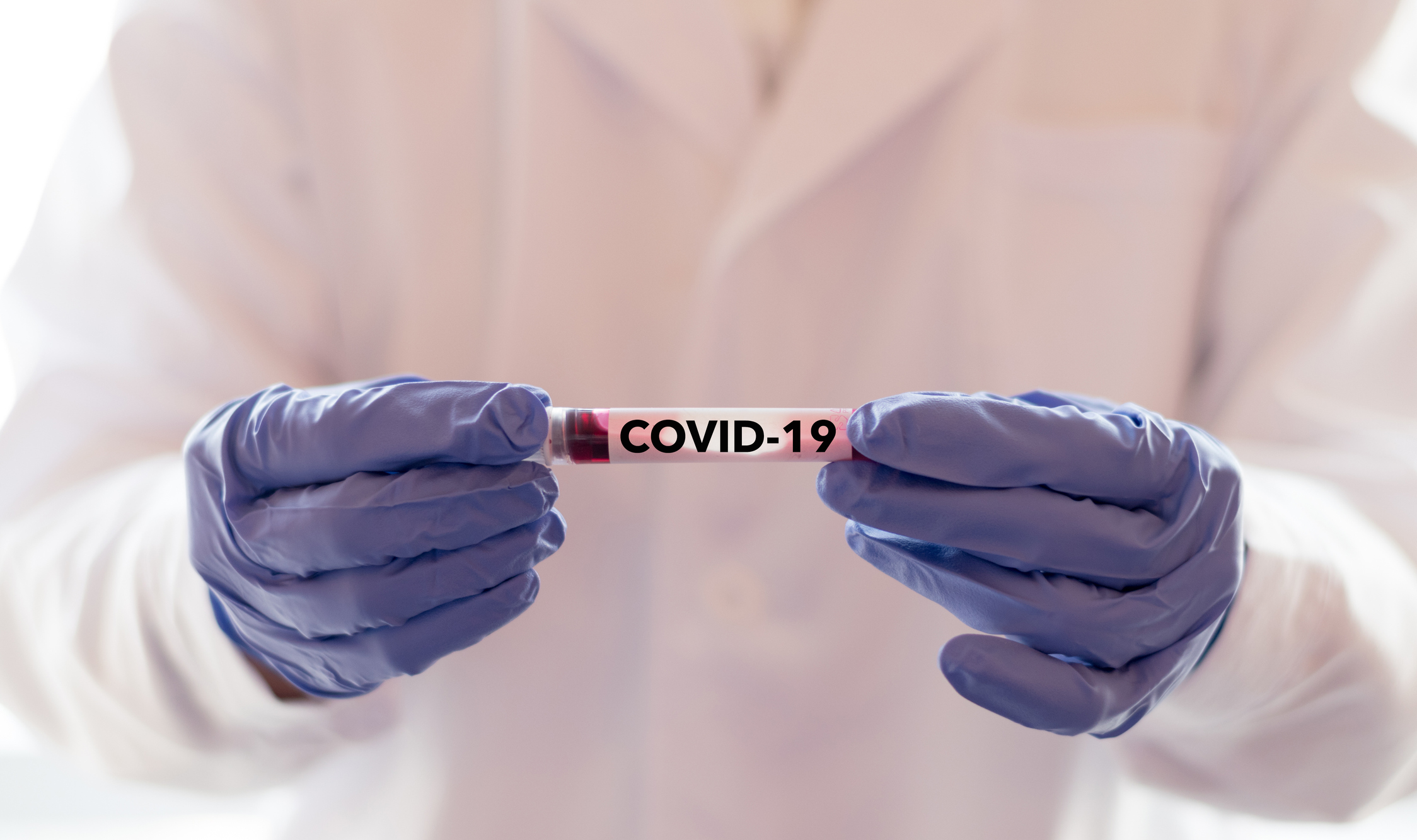Repurposing Drugs to Fight COVID-19
HIV antivirals. A decades-old malaria treatment. A new drug that failed to work in Ebola patients.
Could any of these treatments save COVID-19 patients from dying?
The World Health Organization (WHO) has launched a global trial, called SOLIDARITY, to find out if certain existing therapies can treat patients with COVID-19.
Discovering new drugs is a very expensive and long process—10 to 15 years on average—making it a poor immediate solution for the COVID-19 pandemic. Instead, researchers and physicians are turning to repurposing drugs already approved for other diseases.

Dr. Uwe Rix, Associate Member, Drug Discovery Department
“It will still take some time, but if you have a drug you already know is safe, successful in a different disease and has a good rationale to use against this virus, it shaves off time and costs and makes this a very attractive approach,” said Dr. Uwe Rix, a drug discovery researcher at Moffitt Cancer Center.
SOLIDARITY is looking at four different drug or drug combinations:
- malaria medications chloroquine and hydroxychloroquine
- an antiviral called remdesivir
- HIV drug Kaletra®
- Kaletra® combined with interferon beta.
|
Chloroquine and Hydroxychloroquine These are antimalaria drugs used to treat several forms of malaria. Hydroxychloroquine can also be used to treat lupus and rheumatoid arthritis. Chloroquine is a derivative of quinine, which French chemists isolated from the bark of the cinchona tree in 1820, using it as a treatment for fevers. German scientists created a synthetic version of if in 1934, and it became a weapon to fight malaria following World War II. |
Remdesivir Remdesivir is described as an investigational broad-spectrum antiviral treatment. It was initially used to treat Ebola, but was unsuccessful. However, the enzyme it targets is similar in other viruses, and in 2017 it showed promise in test tube and animal studies in stopping the coronaviruses that cause SARS and MERS. It is not yet approved by the FDA. |
|
Ritonavir/Lopinavir Together, these make up the HIV drug Kaletra®. Approved in 2000, it inhibits an important HIV enzyme that breaks down proteins. It could also break down ezymes in other viruses, like coronaviruses, and has shown some efficacy in animals infected with MERS. |
Ritonavir/Lopinavir and interferon-beta This is a combination of the HIV antiviral and a molecule that helps regulate inflammation in the body. |
All four treatments have shown evidence of effectiveness against COVID-19 in studies performed outside the body and in animals.
Chloroquine was developed during World War II as an antimalarial drug. It is also considered to have anti-viral properties and was first looked at during the 2002 SARS outbreak.
Remdesivir was originally developed for Ebola, but did not show any positive effects.
“This would be what we call drug rescuing,” said Rix. “Remdesivir didn’t perform well in the Ebola context unfortunately, but there is a good rationale for trying it for COVID-19. It shuts down viral replication, which also happens in a coronavirus through a similar machinery.”
The first goal of drug repurposing is to determine if there’s evidence the treatment benefits patients with the new disease. If there is, researchers can usually bypass the early stages of clinical development that determine safety and tolerability because that information is already available.
Even if the WHO trials show promising results, they would have to be validated in a larger setting before any treatments can be approved by the U.S. Food and Drug Administration. It could take some time, but patients would still have access to the treatments during the process, mainly as part of this and other trials.
Rix said researchers have to be cautious about depleting the stocks of these drugs so they can’t be used for their original purpose. If chloroquine, for example, doesn’t work for COVID-19, supplies still need to be available for malaria patients in need of the treatment.
And while these drug trials are an important step forward, it’s just one of the many actions the world should be taking, he said.
“The first thing we always should try, in my opinion, is to prevent infection,” said Rix. “Even though there may be a good drug on the horizon, we still need to try to reduce the outbreak as much as we can to begin with, so social distancing is really necessary. We can’t treat the whole world with the same drug; we don’t have the resources.”
“I am hopeful one of these drugs will work, but developing a vaccine is going to be paramount in the long run.”



